The Power of Routine (When It Comes to Mental Health)
Life often feels unpredictable, an ever-changing mix of obligations, emotions, and unexpected detours. While we can’t control everything, we can create stability through the power of routine. Establishing healthy daily rhythms has a profound impact on our mental health. From regulating sleep to reducing anxiety, routines give structure to our days and help us build resilience in the face of life’s challenges. Mental health thrives on consistency. Unlike a quick fix, mental wellness is a long-term practice that benefits from small, repeated actions. Whether it’s waking up at the same time each morning or carving out 15 minutes for mindfulness, these regular touchpoints become the scaffolding of emotional stability.
The Science Behind Routine and Mental Health
Neuroscience supports what many of us feel instinctively, predictability soothes the brain. When we follow a routine, our brain’s limbic system (which governs emotions and stress) remains more regulated. Routines lower cortisol levels, reduce overstimulation, and allow the prefrontal cortex (responsible for planning and decision-making) to function more effectively. For individuals with anxiety, depression, or ADHD, routines can offer a framework that limits overwhelm and enhances focus. Sleep, for instance, is one area where routine is critical. Going to bed and waking up at the same time each day helps regulate our circadian rhythms. Disruptions in sleep patterns have been strongly linked to mood disorders, cognitive impairment, and increased vulnerability to stress. A consistent sleep schedule can be just as important as medication or therapy in stabilizing mental health.
Routines Reduce Decision Fatigue and Increase Motivation
We make thousands of decisions every day. What to eat, when to work out, what task to do next. The mental effort required for constant decision-making can be exhausting. This is known as decision fatigue, and it’s a major source of stress. Routines help reduce that burden by automating parts of our day. If your morning always starts with a walk and a healthy breakfast, you don’t need to decide, you just do it. The less mental effort you spend on the basics, the more energy you have for bigger challenges. Establishing a routine also builds motivation through momentum. Completing small tasks regularly, like making the bed or journaling for five minutes, offers a sense of accomplishment. This builds positive reinforcement loops in the brain, making us more likely to continue those behaviors. Routines don’t just keep us grounded, they propel us forward.
Routines and Their Role in Recovery
For those living with mental health conditions such as PTSD, bipolar disorder, or substance use disorders, routines play an essential role in recovery. They offer a sense of control and normalcy, especially during times of instability. Structured days can reduce the chaos that often accompanies emotional dysregulation, and predictable activities provide soothing anchors throughout the week. For example, someone in recovery from opioid use disorder might benefit from a routine that includes medication-assisted treatment, morning support groups, daily journaling, and regular physical activity. These elements form a recovery-oriented lifestyle one that supports healing, minimizes triggers, and encourages sustained progress. Even in the hardest moments, a strong routine can serve as a lifeline.
How to Build a Mental Health-Focused Routine
Creating a routine doesn’t mean rigid scheduling or perfectionism. In fact, routines work best when they’re flexible, realistic, and tailored to your life. Here are some ways to develop one:
1. Start Small – Choose one or two areas to focus on first. Maybe it’s a consistent bedtime or committing to a five-minute meditation each morning.
2. Prioritize Essentials – Focus on basics that fuel your well-being: sleep, nutrition, movement, connection, and relaxation.
3. Anchor Your Day – Use specific cues like waking up, mealtime, or finishing work as anchors for routine activities (e.g., “after breakfast, I’ll stretch for 10 minutes”).
4. Track and Adjust – Routines evolve. Reflect weekly on what’s working, and make changes as needed to ensure your plan supports—not restricts—you.
5. Celebrate Progress – Mental health routines aren’t about checking boxes. They’re about building a lifestyle that feels sustainable and meaningful. Celebrate consistency, not perfection.
Routine in the Modern Mental Health Landscape
In a fast-moving world filled with digital noise and societal stress, the need for grounding practices is more essential than ever. While medication and therapy are foundational tools in mental health care, daily routines are what reinforce their effectiveness between appointments. Routines keep us connected to our goals, mindful of our emotions, and aware of our needs. They also offer a roadmap when we feel lost.
Supporting Mental Wellness with Compass Psychiatric Wellness
While building a healthy routine is powerful, doing it with professional support can make all the difference, especially for those navigating complex mental health conditions. That’s where Compass Psychiatric Wellness comes in. Based in Oregon and Washington, Compass Psychiatric Wellness offers comprehensive mental health care in-person or from the comfort of your home. Their team of psychiatric mental health nurse practitioners (PMHNPs) delivers evidence-based, trauma-informed care that’s personalized to each client’s needs. They specialize in treating conditions like anxiety, depression, PTSD, ADHD, bipolar disorder, OCD, and more. The team understands that medication alone isn’t always enough. That’s why they emphasize holistic strategies like sleep hygiene, nutrition, and stress reduction as key components of recovery. For clients working on lifestyle changes, including those in substance use recovery, Compass offers support that balances medical expertise with compassionate care. In a world where mental health care can feel rushed or impersonal, Compass Psychiatric Wellness stands out by centering the individual. They don’t just treat conditions—they support people in building lives that feel more whole, stable, and fulfilling. Click HERE to learn more about how Compass Psychiatric Wellness can help you thrive in routine!
